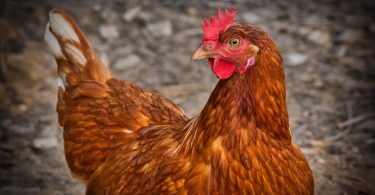A judgement will be made tomorrow on whether new members of the Labour party can vote in the upcoming Leadership election.
A High Court Judge has ruled that new members of the Labour party should be allowed to vote – after Labour’s National Executive Committee tried to block this right.
Five party members had the decision overturned in court, but the NEC are appealing against this.
The judgement of NEC’s appeal will be handed down tomorrow at 3pm in the Court of Appeal.
The NEC claim they should have the power to decide who votes in the contest between Jeremy Corbyn and Owen Smith.
Clive Sheldon, acting for the NEC, said:
“Labour’s national executive committee must have the power to determine who is eligible to vote in the leadership election.”
NEC want to block 13,000 new members the right to vote. They decided that members who joined after 12 January- who haven’t had had six months continuous membership before the 12 July “freeze date” – could only vote if they pay £25.
David Goldstone, acting on behalf of the five, told the Court of Appeal: “On a proper construction of the rules, all members can vote in a leadership election unless excluded by some provision in the rule book.”
If Labour fail to appeal this decision, then the electorate for the leadership contest will increase.
Shadow chancellor John McDonnell condems the decision, claiming it is an attack on ‘democratic rights’.
He said: “This is a deeply disappointing decision by a small clique of people behind closed doors, many of whom have openly expressed their opposition to Jeremy Corbyn’s leadership, who are now trying to use Labour members’ money to fund what they think is a further attack on Jeremy.
“However, this is just an attack on the basic democratic rights of members in our party.
“I hope that Labour HQ rethinks this decision as it could leave a legal bill in the hundreds of thousands of pounds that we could be spending instead on campaigning to hold this Tory government to account, instead of subverting our own democratic processes.”








